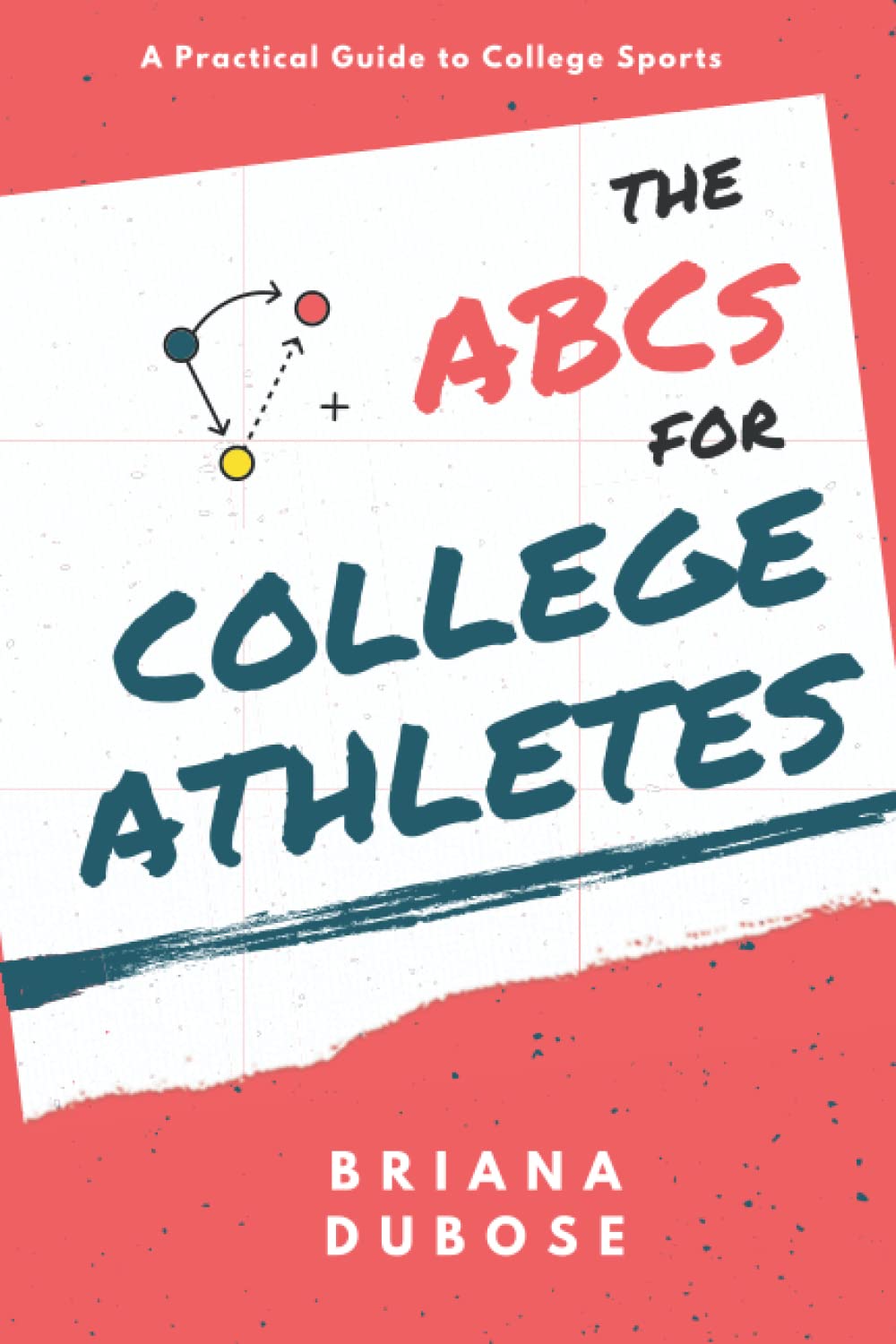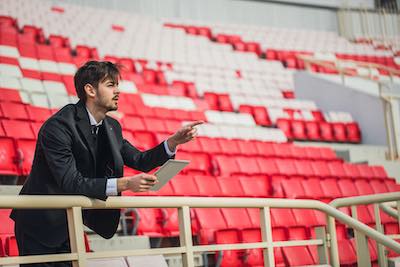
The following is an excerpt from “The ABCs for College Athletes: A Practical Guide to College Sports,” a book authored by Briana DuBose, adjunct faculty in the Sports Industry Management program at Georgetown SCS. Within this chapter, H for Health, DuBose aims to inform the reader of the importance of maintaining their bodies both mentally and physically. In utilizing an analogy of a car to describe a student-athlete’s role in the business of college athletics, she emphasizes the importance of holistic care of their bodies beyond sport.

Imagine that you are a car—a luxury sports car such as a Ferrari. Obviously, every aspect of a car needs to be maintained to keep it at peak performance. Likewise, you would do well to care for both your physical and mental health. Finding a mental health therapist or doing extra physical therapy for your body will help you be more efficient as an elite athlete. Maintenance—we are talking about maintenance.
If you neglect a car’s maintenance and simply drive it into the ground, it will stop working. Ignoring flashing warning lights, not changing tires after a certain mileage, or neglecting to get regular oil changes are decisions that have negative consequences: Eventually, the car will not run. In the grand scheme of your school’s sports program, remember that they bring in new Ferraris just like you every year. One of your coaching staff’s main responsibilities is recruiting—bringing another “you” or an even better “you” into the program next year.
When you run up your mileage or acquire some dents and dings, the school will go and get another Ferrari. Always. The cycle will continue whether you are there or not. Remember, you are an integral part of a business, but sometimes that comes with the feeling that you are dispensable when you are not.
Where do old cars go? You know the answer: They get discarded for something new or traded in for something that runs more efficiently. Ninety-nine percent of college athletes do not go on to play professionally. Ninety-nine percent. Advocate for yourself. The one percent of athletes who go on to play professionally represent a different asset class—one that actually appreciates in value (think classic collector cars at auctions or limited/special edition models).
Essentially, you are a depreciating asset, and that is perfectly fine in this sense. Except for those rare models, cars naturally depreciate the older they get and the longer you drive them, but how fast they depreciate depends, to some extent, on how well you care for them. This is where the maintenance comes in and why it is important not to ignore the warning lights.
Below is a note from the author on what inspired her to write this book:
I played sports for 17 years of my life. When everything was over and the final buzzer sounded, I was lost to say the least. I felt like my collegiate experience had zoomed by me like a supercar on a racetrack. After I went to graduate school and started studying more about the technical aspects of college athletics, I started to look for practical guides. I was looking for something that gave a preview into this experience. What I realized is that very few people know what goes on in a college athletics department unless they have gone through the process themselves. As an advocate for holistic athlete care and well-being, I did not like this one bit. How can an industry that makes billions of dollars from young people be so stagnant and hard to reach? Parents sometimes struggle to support their kids through the process, student-athletes may feel unfulfilled in their collegiate experience, and former athletes can be a bit jaded due to the time spent competing with nothing to show for it in the end ... enter the ABCs, your—albeit short—practical guide to college sports.

